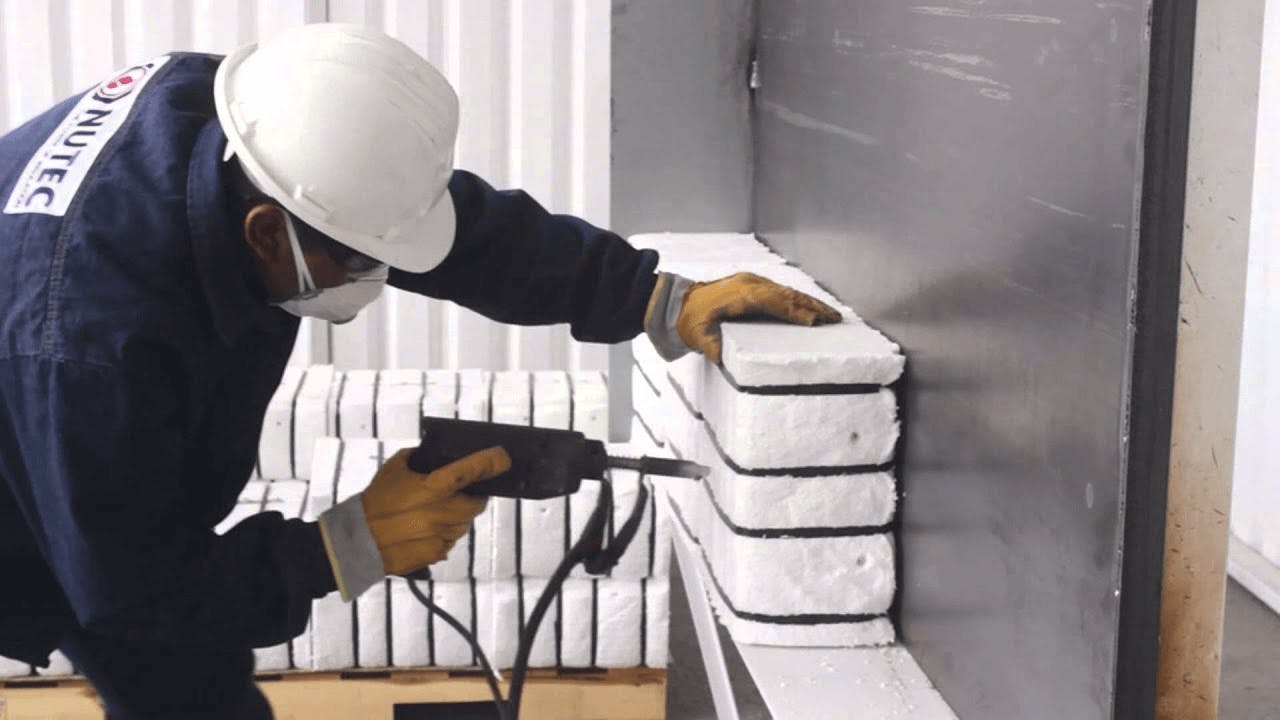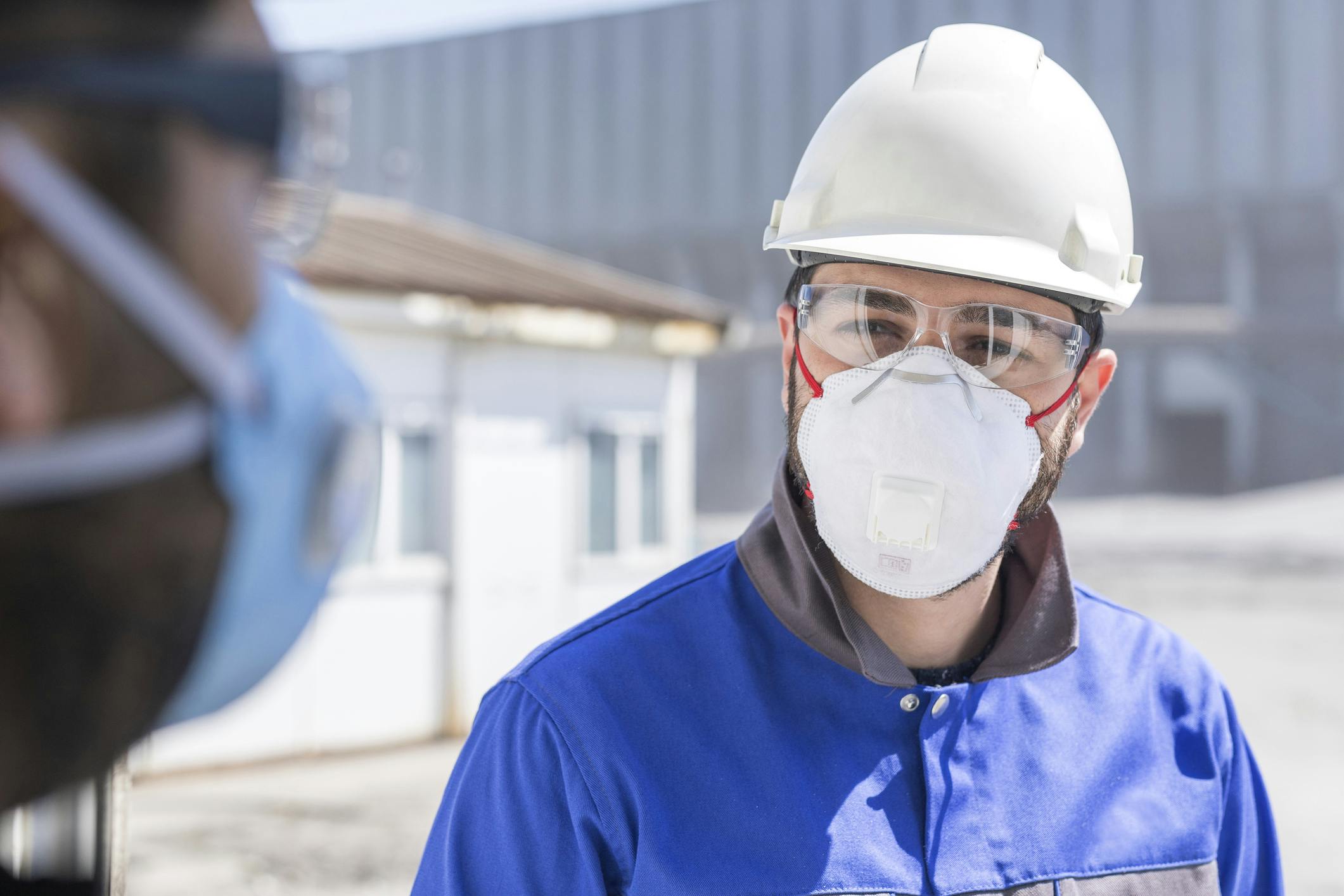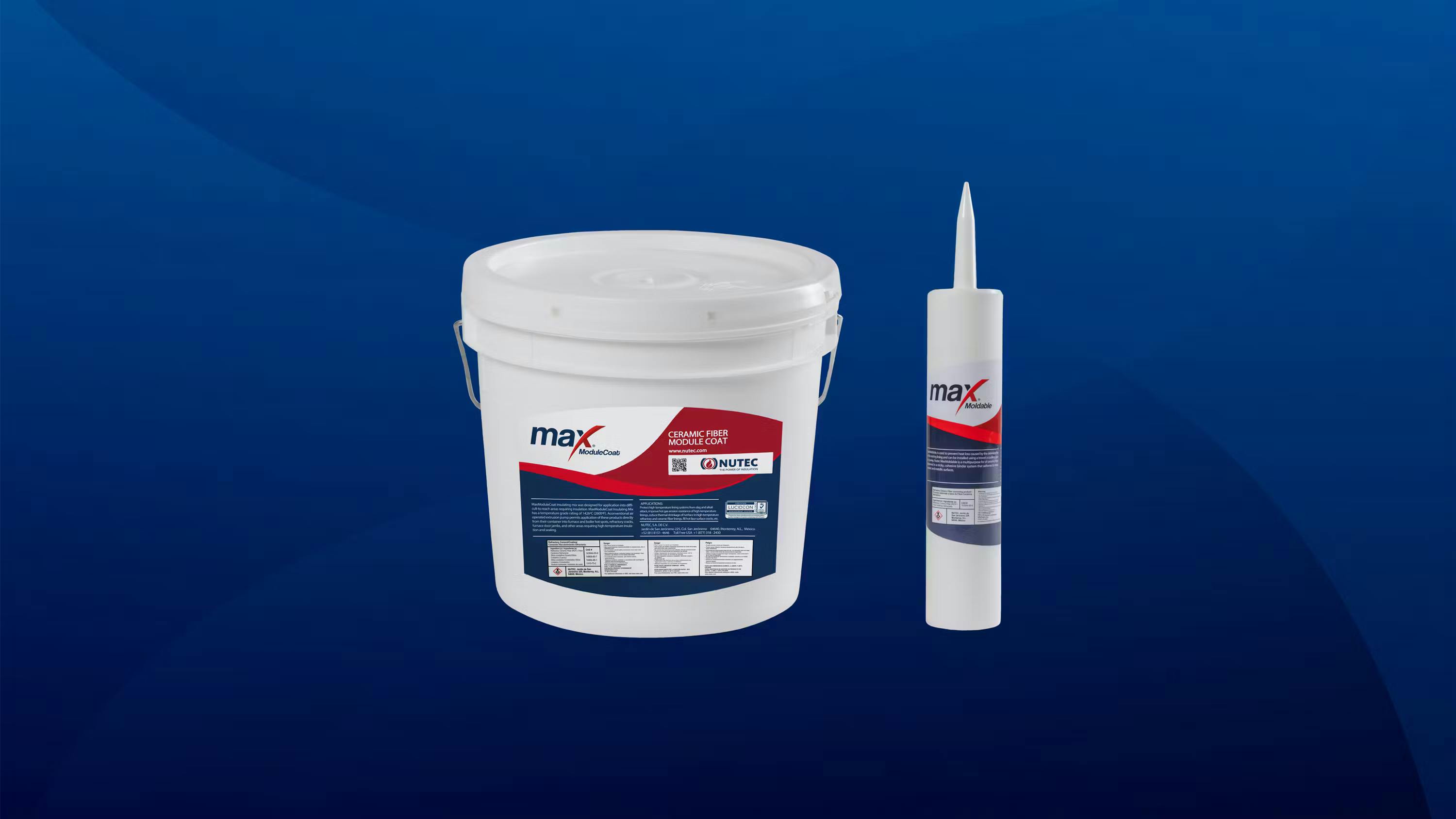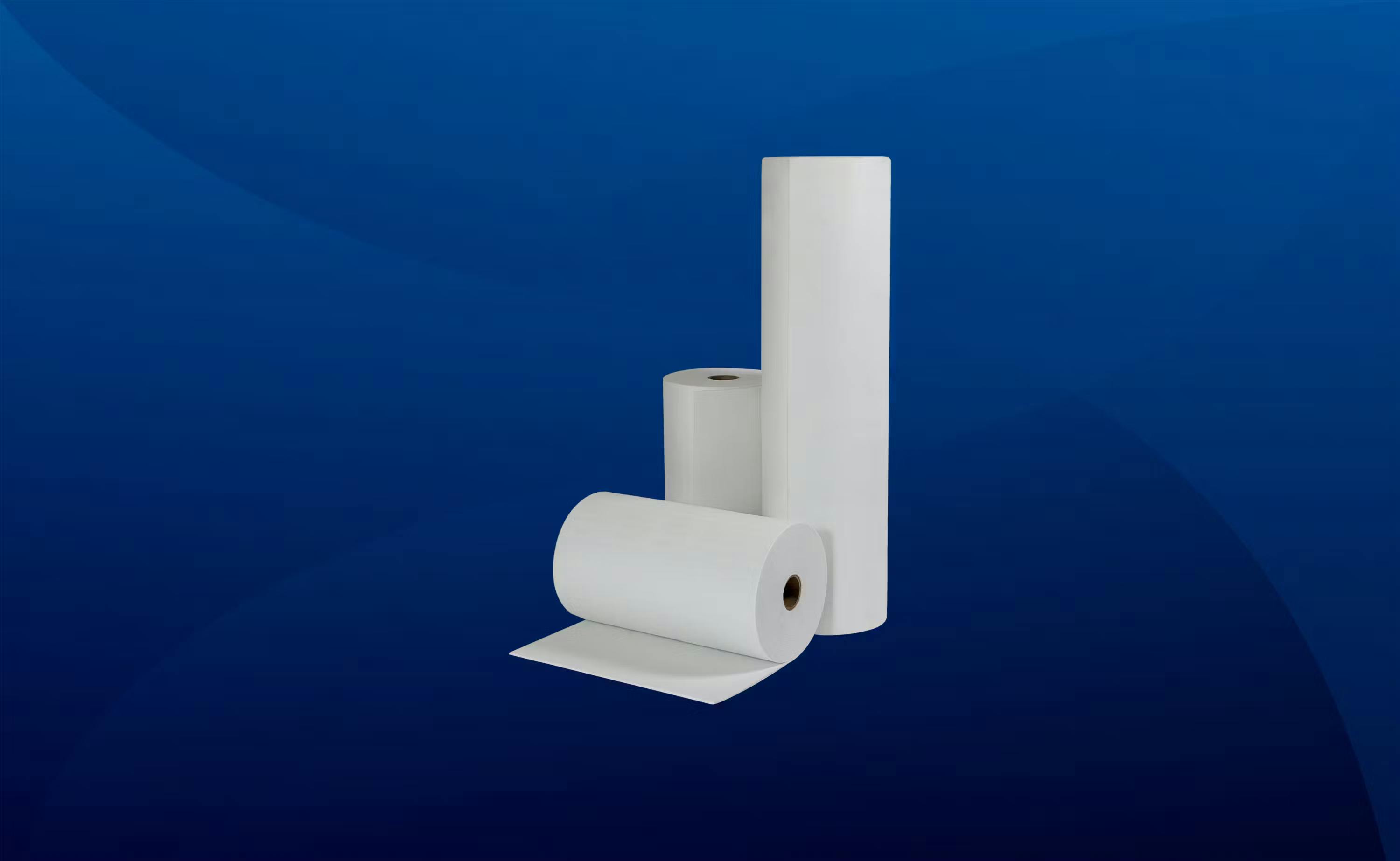What are the types of insulating products available for the industrial sector? Find out the answer here.
Risks and challenges
Handling thermal insulation products carries certain inherent risks due to their unique properties. As mentioned above, these are designed to resist high temperatures and maintain effective thermal insulation, which means they are often comprised of ceramic fibers, mineral wools, and other heat-resistant materials.
Among the main consequences that thermal insulating products can cause is itching of the skin due to the mechanical effects of their thick fibers. The nose, throat, and eyes may also be briefly affected.
Many thermal insulation products are dusty by nature and could release inhalable fibers during handling, so the emission levels of this material must be controlled.
The three Ds of fibrous materials
Extensive research has been conducted to evaluate various fibrous materials' possible health effects. Considering all available results, three key factors have been identified that play an essential role in the ability to cause disease from this material. These factors are often called The Three Ds: Dimension, Durability, and Dosage.
- Dimension. The dimension of the fibers is crucial since only those of a specific size can reach the lungs, the primary target organs.
- Durability. That is the ability of a particular material to remain in the body over time. Different ‘self-cleaning’ mechanisms remove foreign particles from lung tissue, such as dissolution or fragmentation of fibers.
- Dose. Derived from the previous two factors, it is known as ‘lung load’. During regular exposition, lung burden results from continuous deposition and elimination. If exposure is high and elimination is slow, a dose sufficient to cause adverse health effects may accumulate.
How can we work more safely?
Following specific recommendations to ensure industrial safety when working with high temperature insulating products is vital.
During installation or handling:
- Meticulously organize the workspace to minimize handling and the generation of dust particles.
- Implement effective dust extraction systems to minimize the presence of airborne particles.
- Regularly eliminate excess waste, trimmings, and debris generated in the process.
- Refrain from using compressed air for cleaning, which can disperse dangerous suspended particles.
- Carry out cleaning tasks using a suitable vacuum cleaner or wet the surface before sweeping to prevent the spread of dust.
- Prevent dust from spreading through the air, taking measures to contain and prevent its dispersion.
- Use appropriate protective equipment to ensure personal safety and integrity in the workplace.
At the time of teardowns:
- Where feasible, moisten insulation with water before handling to reduce particle dispersion.
- Regularly clean the work area using a vacuum cleaner or wet sweeping method.
- Place all waste in plastic bags or airtight containers, ensuring they are sealed and labeled correctly.
- Strictly adhere to established procedures for proper waste disposal, ensuring responsible waste management.
Personal protection and safety equipment
Everyone involved in thermal insulating products must use suitable personal protection to ensure industrial safety. This includes:
- Wearing appropriate safeguarding work clothing.
- If required, use particle masks, preferably N95 grade or higher, rigorously following the respiratory protection program established by your employer.
- Ensure you receive adequate training to use the particle mask (minimum N95) correctly and safely, thus meeting respiratory protection standards.






